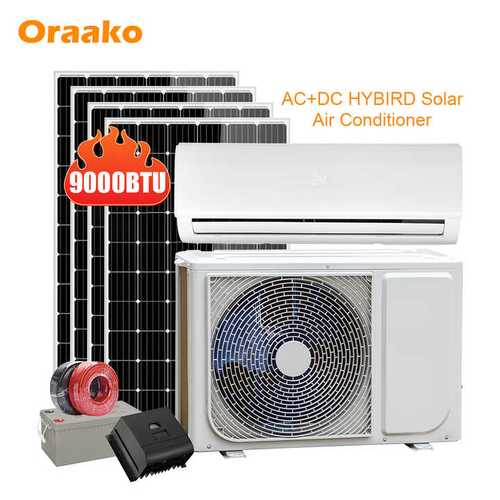Understanding the Conversion: 1 Ton AC to BTU
When it comes to understanding the relationship between air conditioning units and their energy consumption, the conversion from tons of air conditioning (AC) to British Thermal Units (BTU) is a crucial factor. This article aims to delve into this conversion, providing you with a comprehensive understanding of how these two units are related and how they can impact your energy usage.
What is a Ton of Air Conditioning?
A ton of air conditioning refers to the cooling capacity of an air conditioning unit. It is a measure of the amount of heat that the unit can remove from a space in one hour. One ton of AC is equivalent to 12,000 BTUs per hour. This means that if you have a 1-ton AC unit, it can remove 12,000 BTUs of heat from your room in one hour.
Understanding British Thermal Units (BTU)
British Thermal Units (BTU) are a unit of energy commonly used in the United States and other countries to measure the amount of heat required to raise the temperature of one pound of water by one degree Fahrenheit. In the context of air conditioning, BTU is used to measure the cooling capacity of an AC unit. The higher the BTU rating, the more heat the unit can remove from a space.
Converting 1 Ton AC to BTU
Now that we understand the basic concepts of tons of air conditioning and BTU, let’s dive into the conversion process. As mentioned earlier, one ton of AC is equivalent to 12,000 BTUs per hour. This means that if you have a 1-ton AC unit, it can remove 12,000 BTUs of heat from your room in one hour. Here’s a simple table to help you visualize this conversion:
| AC Tons | BTU per Hour |
|---|---|
| 1 | 12,000 |
| 2 | 24,000 |
| 3 | 36,000 |
| 4 | 48,000 |
As you can see from the table, the conversion is straightforward. Simply multiply the number of tons by 12,000 to get the BTU rating per hour.
Why is this Conversion Important?
Understanding the conversion from tons of AC to BTU is important for several reasons. Firstly, it helps you choose the right size of air conditioning unit for your space. A unit that is too small will struggle to cool your room effectively, while a unit that is too large will consume more energy than necessary. Secondly, it allows you to compare the cooling capacity of different AC units and make an informed decision based on your specific needs.

Factors to Consider When Choosing an AC Unit
When selecting an air conditioning unit, there are several factors to consider, including the size of your space, the climate in your area, and your energy consumption goals. Here are some key points to keep in mind:
-
Space Size: Measure the square footage of the space you want to cool and choose an AC unit with a BTU rating that matches or slightly exceeds this number.
-
Climate: If you live in a hot and humid climate, you may need a more powerful AC unit to keep your home comfortable.
-
Energy Efficiency: Look for an AC unit with a high Energy Efficiency Ratio (EER) or Seasonal Energy Efficiency Ratio (SEER) to ensure that it consumes less energy and saves you money on your utility bills.
Conclusion
Understanding the conversion from 1 ton AC to BTU is essential for making informed decisions about your air conditioning needs. By knowing how much cooling capacity you require and how to compare different AC units, you can choose the right size and energy-efficient unit for your home. Remember to consider the size of your space, the climate in your area, and your energy consumption goals when selecting an AC unit.










